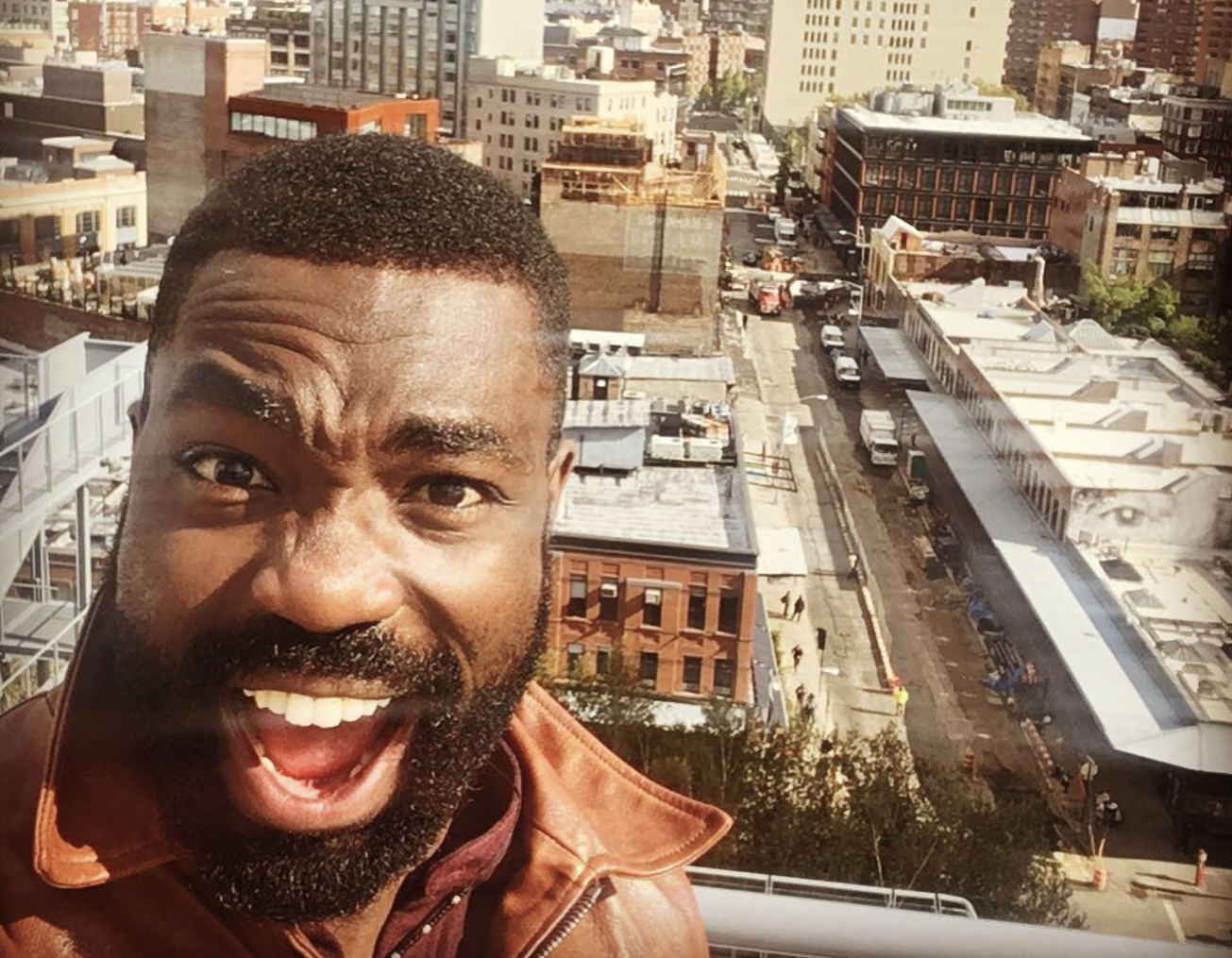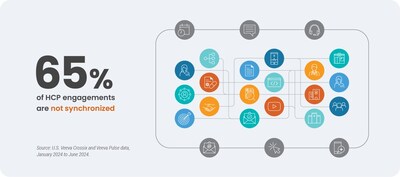As a music teacher, Charissa Duncanson was accustomed to traveling around the country, sharing lessons and ideas about music education with her peers. But after having a baby in 2021, she fretted about how she would stick to a pumping schedule while on the road.
Duncanson came to rely on Mamava lactation pods, which are scattered across airports and private workspaces in every state. “It was just a huge relief,” she says. “I could just put everything down and not worry about anybody seeing me or judging me. I could just do what I needed to do and truly just relax and have some privacy. It was really good for my mental health.”
The pods were also a stark contrast to her experience pumping at work, a task that was further complicated by the fact that she had an oversupply of breast milk. At two different school districts, Duncanson was forced to duck into closets during her lunch break to pump. “It was really uncomfortable,” she says. “I was just so worried that I would be exposed.”
When Sascha Mayer, the cofounder and chief experience officer of Mamava, first came up with the concept of a freestanding lactation pod a decade ago, she envisioned it would take up residence in public spaces. And while Mamava’s pods can now be found in airports and stadiums—serving Duncanson and other nursing parents—much of the company’s recent growth has been fueled by adoption across all kinds of workplaces, from public schools to manufacturing facilities.
Over the past year, the core business has grown by 30%, as more employers have invested in the company’s pods. Between December 2022 and November 2023, Mamava rolled out an additional 1,100 pods, bringing its total count to more than 4,000; during that time, its users logged nearly 345,000 sessions in the pods, a 57% increase year over year. To date, parents have pumped over a million ounces of milk in Mamava pods. (Any nursing parent can search for and access Mamava’s public pods through the company’s app, which also includes crowdsourced information from users about other lactation spaces.)
[Photo: Mamava]
Mamava’s growth reflects a cultural shift that was already underway prior to the pandemic but has since been accelerated by federal legislation. In December 2022, Congress finally passed the Pump Act, a piece of legislation many years in the making that required companies to provide a dedicated private space and break time for employees to pump at work as needed. The Pump Act sought to address a gap in existing law—which only guaranteed the right to pump at work for hourly employees who were eligible for overtime and covered by the Fair Labor Standards Act—and extended those protections to nine million more workers. It also secured workers the right to take legal action against their employer if necessary.
As companies scrambled to comply with the Pump Act, which went into effect in April 2023, many of them turned to solutions like the lactation pods popularized by Mamava, which range in price from about $10,000 to $25,000. In response to the increased demand, Mamava just introduced the Flex, a more compact, boxy iteration of the company’s signature rounded pod.
“In the beginning, we designed this cool little pod spaceship that would actually make people pay attention,” Mayer says, referencing the original pod that Mamava created at launch, which remains its largest model. “That was a conversation starter. But as the market got more sophisticated, we understood that they needed something that was going to fit into more spaces.” (The original pod continues to be used in public spaces and offices that can accommodate it.)
Over the years, certain employers have built lactation rooms into their offices (and, in some cases, have drawn attention for misusing those rooms). But Mamava offers a solution for companies that don’t have the space or resources for such an undertaking—or need to quickly comply with the requirements of the Pump Act. Since the law passed, Mamava has seen a noticeable uptick in demand from schools and healthcare facilities, Mayer says, along with increased placement in warehouses for companies like DHL. (A few posts on social media also indicate that Amazon has started using Mamava pods.)
“It’s a blessing and a curse,” she says. “It’s been a constant challenge as a business for us to be mission-oriented and wanting to serve all channels.” The result is that Mamava is finding its way into some unexpected places—including industries that have not historically been attuned to the needs of women and other nursing parents. Recently, Mamava has been having conversations with court systems, Mayer says, and since 2021, a car dealership called Fowler Automotive has been a repeat customer.

[Photo: Mamava]
Jonathan Fowler, the president of parent company Fowler Holding Company—which operates 11 dealerships across Colorado and Oklahoma—looked into Mamava on the recommendation of female leaders at his company, who floated the idea of introducing a lactation space along with adding changing tables in the men’s restroom and instituting a pay equity audit. Every Fowler dealership now has a Mamava pod, which is available to employees and open to the public. (A few years ago, the company also introduced an eight-week paid parental leave policy, which Fowler says is almost unheard of in the sector.)
Part of the reason Fowler opted for Mamava’s product, in particular, was because he thought it would set the company apart and raise awareness. “We felt like the partnership with Mamava would help separate our company from our competitors,” he says. “But beyond that, we knew that if we got these, we wanted them on our showroom floors. We wanted them open. We wanted them visible.” The pods were actually a conversation starter, according to Fowler, both within the company and across the community. “We had apprehension from some managers that were questioning why we would spend resources on this, when we have so many things we could be investing in,” he says. “And now, a few short years later, there’s no question. They understand the ‘why’ behind it, and they fully are on board.” (Fowler also noticed a difference between how the pods were received in Oklahoma versus Colorado, a progressive state that has enacted policies like paid family leave.) In just a few short years, Fowler says he has already seen how the Mamava pods—along with other company policies—have impacted retention and recruitment and have helped the company diversify its ranks.
Fowler’s experience adopting the pods also parallels broader changes that are being sparked by the Pump Act, Mayer argues. “We’re reaching a place where if you do not have proper lactation accommodations, then there’s a backlash,” she says, citing blowback over the lack of an adequate lactation space at the J.P. Morgan Healthcare conference last month.

[Photo: Mamava]
In the meantime, Mamava’s pods continue to offer solace to employees and parents on the go alike. Much like Duncanson, Julia Birnn Fields—a small business owner who runs a chocolate company, Birnn Chocolates of Vermont—was traveling for the first time with her three-month-old son when she encountered a Mamava lactation pod in the airport. “It was just this oasis in this very busy, crazy airport,” she says. “It’s like this glowing light, white noise, a mirror. [There are] sticky notes from other moms with words of encouragement. It’s just this amazing place to take a breath.”
In fact, Birnn Fields has even thought about getting a Mamava for her own company, despite there already being a space set aside for pumping. “We’re not quite big enough to really justify it,” she says of the Mamava pod. “But it’s something that we’ve definitely considered, just due to all of the benefits of it—just having this really special, beautiful, clean environment that they’ve literally built for exactly what you need to do in there.”







